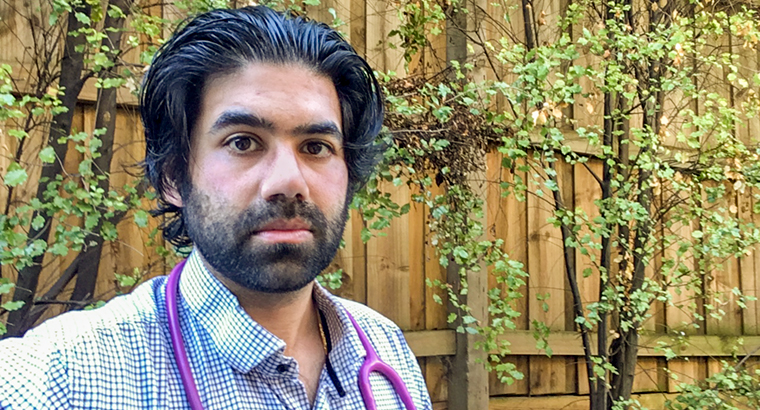News
GP warns against self-prescribing, with almost 90% of Australians on medication
Doctors are urging people to consult their GPs before starting new medications, warning they could be doing more harm than good without professional advice.
 New research has found close to 80% of Australian use medications like aspirin, Panadol, Voltaren and Nurofen.
New research has found close to 80% of Australian use medications like aspirin, Panadol, Voltaren and Nurofen.
More than 42% of Australians are taking vitamins and supplements, new research shows, but GPs warn people could be exposing themselves to risks by self-prescribing.
The latest Roy Morgan health and wellbeing data shows that 42.5% of Australians take vitamins and supplements, including brands such as Berocca, Blackmores, Swisse and Cenovis. Another 26.4% have taken digestive system medications like Gaviscon, Quick-Eze, Mylanta and Nexium.
A total of 50,139 participants were interviewed for the survey over a period of 12 months to December 2017, with the results weighted to the Australian population.
GP Dr Abhi Verma, a member the RACGP Victoria Board, said that although the research needs to examine why people were taking the supplements, the large numbers are a concern.
‘Australians are risking their health by self-prescribing vitamins and supplements. That could possibly delay them seeing their GPs for medical conditions that they may have,’ he told newsGP.
‘On the whole, we generally urge patients to ingest their vitamins through their diet, but if patients have concerns about their diets, any deficiencies they may have … then they really should be talking to their GP about managing through diet.’
Dr Verma said the supplement and vitamin use is largely driven by the retail business model of pharmacies and companies that produce vitamins.
‘They do get quite well-known sports people and celebrities to endorse their supplements,’ he said.
‘And I think that’s a real concern because it means that patients are buying into the marketing rather than actually assessing, “Are these nutritional supplements useful? Are they going to have any side-effects? Are they going to create any harm? Do I really need them?”
‘And that’s a dialogue they really should be having with their GPs.’
 Dr Abhi Verma says taking vitamins or supplements without appropriate medical advice could do more harm than good.
Dr Abhi Verma says taking vitamins or supplements without appropriate medical advice could do more harm than good.
Earlier this week, RACGP joined consumer advocacy group CHOICE and called for Australia’s Federal Senators to block proposed legislation that would allow dangerous claims to be included on complementary medicines.
Dr Verma said some of the vitamins and supplements can interfere with the regular medications taken by the patients, while others just don’t work.
‘The issue is that when it comes to using the supplements or medications, they should all be evidence-based,’ he said.
‘And non-evidence-based vitamins and supplements should really not be sold as complimentary alternative medicines.
‘So I think there needs to be … tighter regulations in the way they are advertised, and also the Therapeutic Goods Amendment needs to go a lot further into actually saying this medication is not an approved medication for the purposes of that is being purported to.’
The study also reveals that general medications like aspirin, Panadol, Voltaren and Nurofen are most widely taken – by 77.3% of Australians. This was followed by allergy, antihistamine, and cold and flu medications such as Sudafed, Benadryl, Claratyne, Telfast, which are taken by 42.9% of people.
Women are more likely to take almost all types of medications than men, with the exception of heart and circulation medication taken by 19.6% of men compared to 18.6% of women.
RACGP President Dr Bastian Seidel said if people are concerned about their health their GP should always be the first point of call, not the vitamins and supplements aisle at their local pharmacy.
‘If you feel your nutritional intake is insufficient you should seek advice from your GP about modifying your diet rather than taking supplements,’ Dr Seidel said.
‘Your GP will be able to assess your health and provide the kind of individual advice that cannot be found on the back of a bottle of vitamins.
‘The RACGP also recommends people follow the Australian dietary guidelines if they would like to learn more about identifying the most nutritious food options.’
alternative-medicines Berocca Gaviscon roy-morgan-research vitamins
newsGP weekly poll
Health practitioners found guilty of sexual misconduct will soon have the finding permanently recorded on their public register record. Do you support this change?